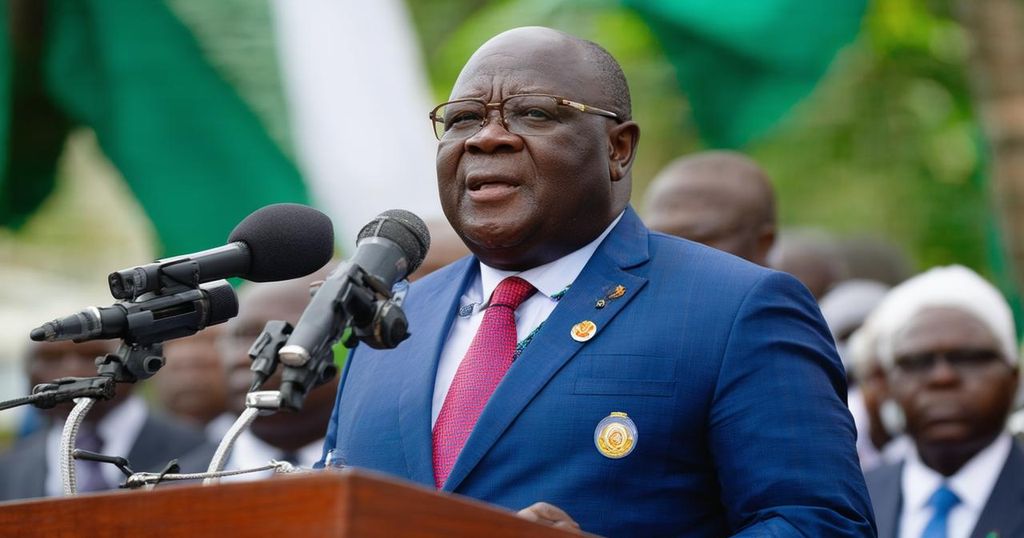President Felix Tshisekedi of the Democratic Republic of Congo seeks to establish a commission to consider constitutional changes that could eliminate presidential term limits, allowing him to run for a third term. Opposition leaders view this as a strategy to prolong his tenure, raising concerns about further political instability in the already conflict-ridden nation.
President Felix Tshisekedi of the Democratic Republic of Congo has announced intentions to form a commission tasked with exploring modifications to the nation’s constitution, which may include the elimination of term limits to facilitate his pursuit of a third consecutive term. This initiative raises concerns among political analysts and opposition leaders that it may lead to increased instability and turmoil in a nation already troubled by a history of conflict. Sworn into office in January following a disputed re-election in December, President Tshisekedi articulated his vision for constitutional reform during a rally in Kisangani. He indicated that the current constitution, established by a 2005 referendum, does not reflect contemporary realities. “You have heard about a potential change to the constitution; we should not be afraid that this subject will be addressed,” he stated. Furthermore, Tshisekedi suggested that the decision to alter the term limit framework should ultimately be dictated by public opinion, asserting, “the people must decide if they want us to change.” However, this declaration has drawn substantial backlash from various opposition factions who perceive it as a calculated maneuver designed to extend his political tenure. Opposition leader Claudel Lubaya criticized the move, asserting, “By changing the rules of the game to stay in power, the current regime is only seeking to prolong its political survival to the detriment of the people’s legitimate aspirations for fair, transparent governance.” Another prominent opposition figure, Moise Katumbi, who finished as runner-up in the December elections, reaffirmed that the constitution will not be amended as it was affirmed by the Congolese populace. He emphasized, “Congo’s problem is bad governance, not the constitution.”
The Democratic Republic of Congo has a contentious political landscape, dominated by historical conflicts and governance issues. President Tshisekedi took office during a time characterized by contentious electoral processes and public discontent regarding governance. The constitution enacted in 2005 established a two-term limit for presidents, reflecting a commitment to democratic principles. However, attempts to modify this framework have historically led to political unrest and public dissent, as evidenced in other African nations. This proposed commission for constitutional reform may herald a critical juncture in Congolese politics, signaling potential challenges to democratic stability and governance integrity moving forward.
President Tshisekedi’s proposal to revise the constitution, potentially abolishing term limits, has ignited significant criticism from opposition leaders who view this initiative as a threat to democratic governance in the Democratic Republic of Congo. The implications of such changes raise concerns about political stability in a nation already fraught with governance challenges, as calls for transparency and accountability resonate among the populace. The coming months will be pivotal in determining whether this constitutional commission will proceed amidst substantial opposition, and how it may impact the future of Congolese democracy.
Original Source: www.usnews.com






